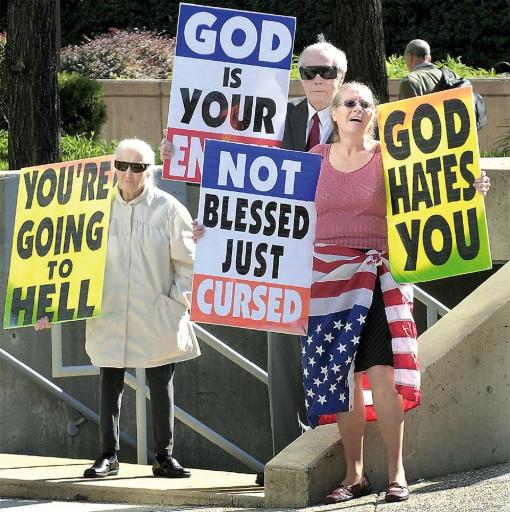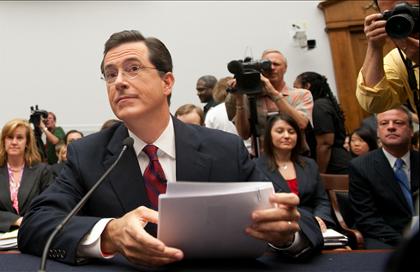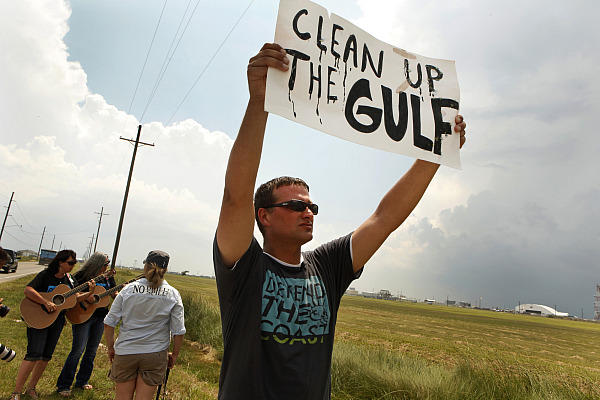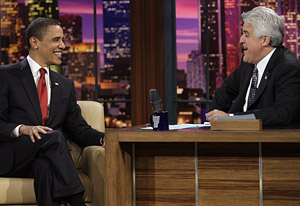 Political advertising is finally coming to a close in most markets and you can hear the collective sigh of relief from nearly everyone. Everyone that is except for local TV stations who have been raking in the dough as candidates have spent a reported record $3 BILLION! Most of that money has been going to local TV buys and for most local stations the revenue has been just what they’ve needed to counter the hard-hitting recession. Besides major sporting events, e.g. Olympic games, Superbowls, World Series and college sporting events, political ads are a regular boost to TV stations’ budgets. But these are not always a sure deal. Just ask Fox who had the rights to the World Series this year. The short series left a lot of advertising revenue on the table.
Political advertising is finally coming to a close in most markets and you can hear the collective sigh of relief from nearly everyone. Everyone that is except for local TV stations who have been raking in the dough as candidates have spent a reported record $3 BILLION! Most of that money has been going to local TV buys and for most local stations the revenue has been just what they’ve needed to counter the hard-hitting recession. Besides major sporting events, e.g. Olympic games, Superbowls, World Series and college sporting events, political ads are a regular boost to TV stations’ budgets. But these are not always a sure deal. Just ask Fox who had the rights to the World Series this year. The short series left a lot of advertising revenue on the table.
There are several reasons why so much money has changed hands. First, there were a lot of hotly contested races between Republican, Tea Party, Democratic and Independent candidates. Second, there was an influx of money from outside organizations such as labor unions and corporations. Just this past Spring a Supreme Court ruling (Citizen’s United v FEC) opened the door to more spending from outside interest groups. And third, there seem to be more and more candidates who self-finance their races. Meg Whitman, former CEO of eBay, spent a reported $142 M of her own money.
In the end it all adds up to a big paycheck for TV stations around the country…including Colorado where the Senate race between Bennet and Buck is too close to call. So when you turn on the TV tomorrow, just think of all the TV station owners and managers who may be shedding a tear or two that the political spots are gone…at least for the next 18 months or so.








 Last night President Obama made history when he became the first sitting president to appear on the Tonight Show. While Washington D.C. was embroiled in the AIG bonus scandal, our Chief Executive was discussing policy, and his bowling score, with Jay Leno in Hollywood, CA. Something about it all seemed slightly unseemly and a little bit strange… as though the leader of the free world was seeking the kind of exposure that late-night TV hosts typically provide to comedians and film stars. Usually “the press” travels to DC and the White House to interview the president. There’s a certain seriousness demanded by the office and the oval office that bestows a sense of gravity to the whole affair…a gravity that is sorely lacking on late-night TV.
Last night President Obama made history when he became the first sitting president to appear on the Tonight Show. While Washington D.C. was embroiled in the AIG bonus scandal, our Chief Executive was discussing policy, and his bowling score, with Jay Leno in Hollywood, CA. Something about it all seemed slightly unseemly and a little bit strange… as though the leader of the free world was seeking the kind of exposure that late-night TV hosts typically provide to comedians and film stars. Usually “the press” travels to DC and the White House to interview the president. There’s a certain seriousness demanded by the office and the oval office that bestows a sense of gravity to the whole affair…a gravity that is sorely lacking on late-night TV. One of the first tasks for the new administration is to propose and pass a stimulus package to kick-start the ailing economy. One small part of the package currently being proposed is about $6,000,000,000 for broadband internet service, particularly for the 7-8% of Americans living in rural and underserved areas where broadband is unavailable and dial-up connections provide only 56 kbps. The US has already fallen behind the developed world and stands at 15th in terms of number of
One of the first tasks for the new administration is to propose and pass a stimulus package to kick-start the ailing economy. One small part of the package currently being proposed is about $6,000,000,000 for broadband internet service, particularly for the 7-8% of Americans living in rural and underserved areas where broadband is unavailable and dial-up connections provide only 56 kbps. The US has already fallen behind the developed world and stands at 15th in terms of number of